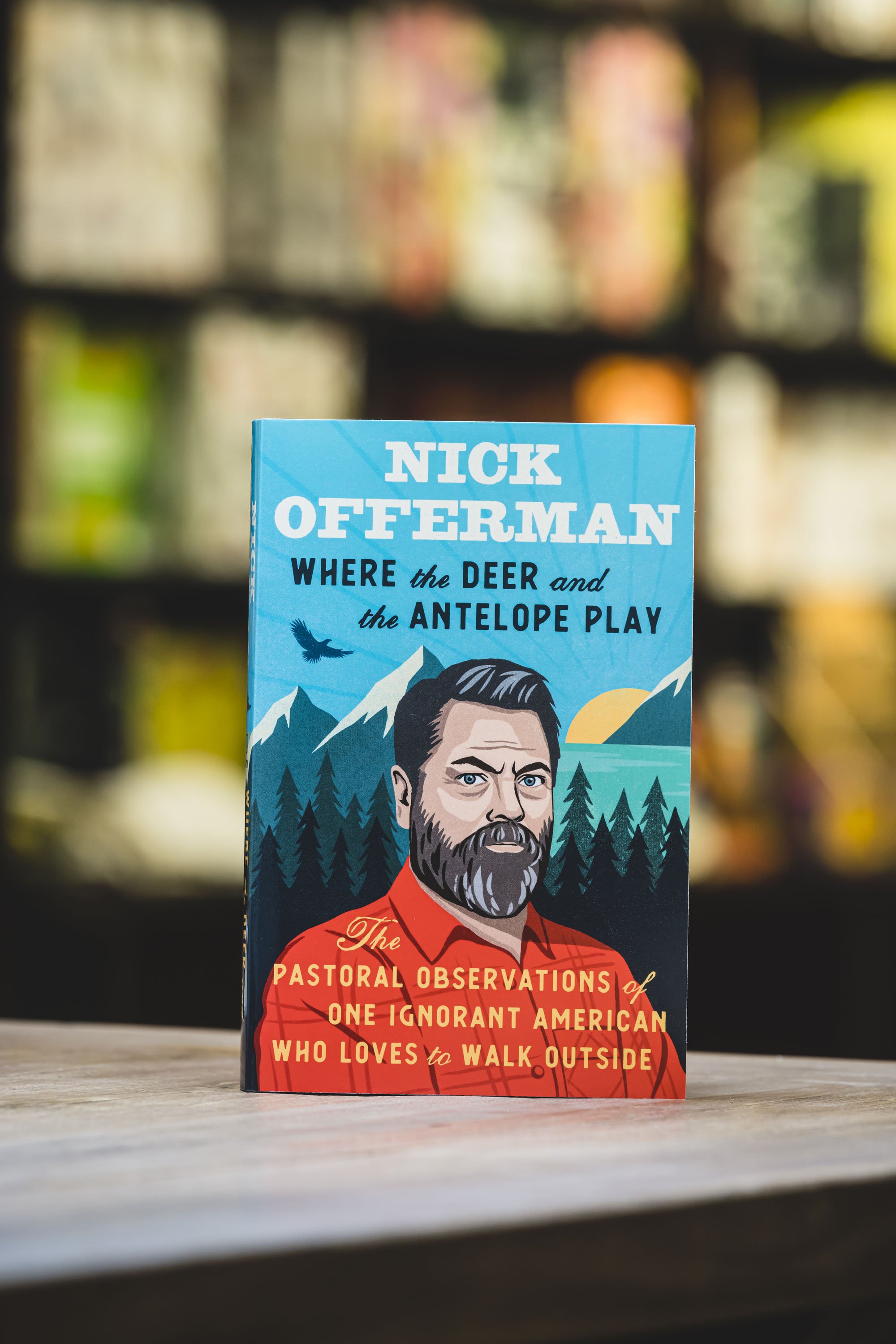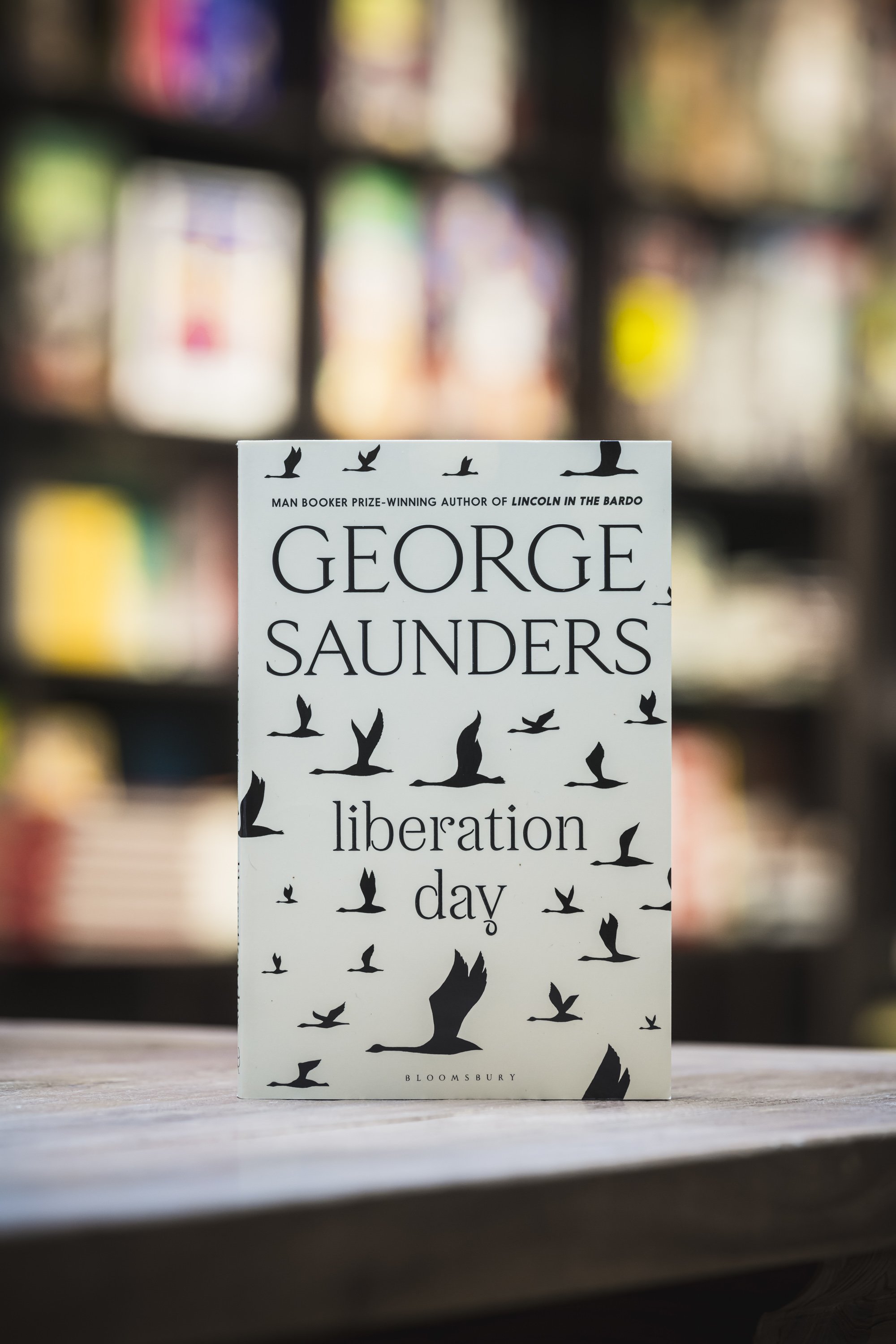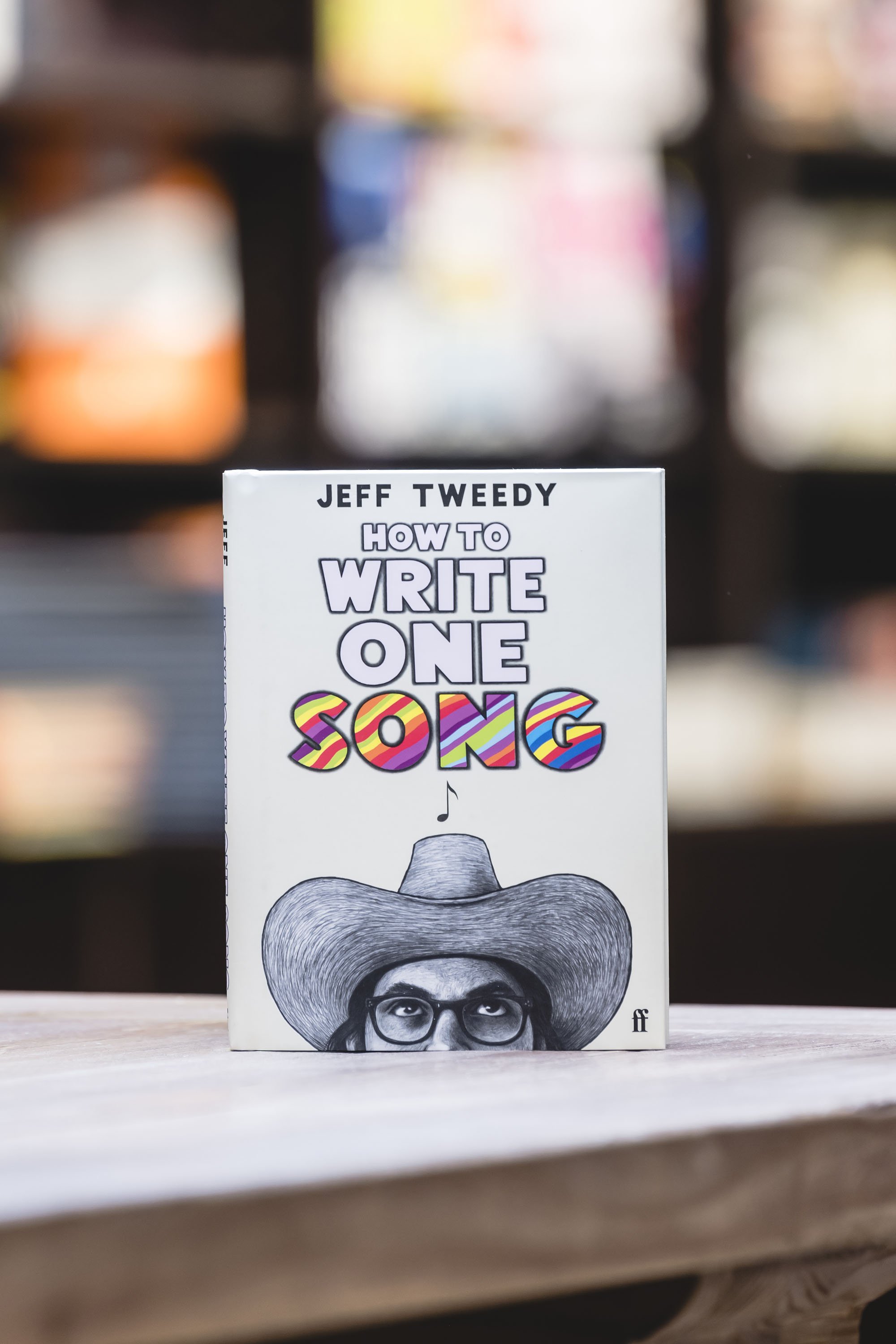Broadening our Reading Habits: 7 Ways to Discover New Books
Sharpening vocabulary, improving IQ, expanding emotional range, and igniting our creativity are just some of the reasons why we're encouraged to push beyond our comfort zone — in life and in our reading!
In 2022 I set myself a reading challenge aimed at disrupting my own patterns: no Steinbeck or Hemingway, nothing that could even loosely be classified as a productivity book, and no new cookbooks.
And it worked out remarkably well. I read more than I would normally (which is already quite a bit) I think because I was frequently finding myself engaged with something that felt brand new. I often felt that exhilarating feeling when dormant parts of my reading brain opened up their heavy, dusty old doors and led me down a new passageway of surprises.
Maybe you're not so interested in dedicating a whole year to the task but if you're looking to mix up your reading life a bit and broaden your reading list, here are a few suggestions that worked for me:
1. Follow breadcrumbs
When I read Nick Offerman's book Where the Deer and Antelope Play he shared a story of a hiking trip to Glacier National Park with author George Saunders and musician Jeff Tweedy. It's amazing to me now, but at that stage I didn't know who George Saunders was. I'd read Jeff Tweedy's book prior and figured if George is friends with Jeff and Nick he might just be worth checking out — and I was right. Have a think back to some other books you've enjoyed and who the author referenced, this could be a good starting point. Speaking of which...
2. Ask your favourite authors
Find interviews where authors you already like talk about their favourite books. A google search will give you most of what you need for this one or try podcast interviews with authors — I find The Penguin podcast is frequently a good source of ideas, though obviously is limited to their represented authors.
3. Go on! Judge a book by its cover.
Walk around a bookshop and just pick up the covers that appeal to you. The meaning of this advice - not to judge a book by its cover - is meant to encourage you not to overlook a book because of its modest (or even unattractive!) packaging, but you're on a different mission here. If you're in a smaller indie bookshop and you notice several books on the shelves that you already like, chances are the bookshop owner or buyers may have similar tastes to you. Their bookshop already represents a curated shortlist, as there are thousands of new books that booksellers could stock every month, so see what else they've chosen to sell.
4. Ask a bookseller
If you ever want to make a bookseller’s day, tell them about your mission and ask them to suggest a few overlooked books that they wish they got to recommend more often. Watch their faces light up with joy! And don't worry, no bookseller will be offended if you don't like their first few recommendations — either ask them to keep suggesting, or narrow things down 'favourite biography you've read in the past two years' or 'who in store is the most interested in nature writing? Can we get their input?’
5. As your friends and acquaintances.
It's by no means unusual for me to sit down to coffee with a friend and immediately enquire about what they're reading, what they're writing with, what they’re listening to, or what kind of journal they're filling up right now! But it's also a great icebreaker if you're chatting with colleagues, clients, or customers — see what's getting those around you fired up.
6. Ask an app
If you like to keep track of what you read, you might be interested in the StoryGraph website and app. It’s similar to its better known competitor, GoodReads, but StoryGraph collects statistics on what you read — and then uses them to make recommendations of other books you might enjoy. (It’s also not owned by Amazon, so that’s a point in its favour as well, if you ask me.) If you get your friends on the site as well, you can see what they’re reading and add ideas from their stack.
7. Ask the internet
There's a special universe inside Instagram called #bookstagram - where avid readers share reviews and pretty pictures of the books they're reading. The bookstagram scene does lean more into fiction and by the nature of the platform is a younger reader but if that's you, too, then this could be a great place to find ideas. There’s also #booktok if you’re on TikTok.
If you like the idea of broadening your reading list, create your own personal reading challenge. Either set some “do not read” rules for yourself as I did, or try challenging yourself to read: a book from an indie publisher, a genre you wouldn’t normally read, an author you’ve never tried, and so on.






